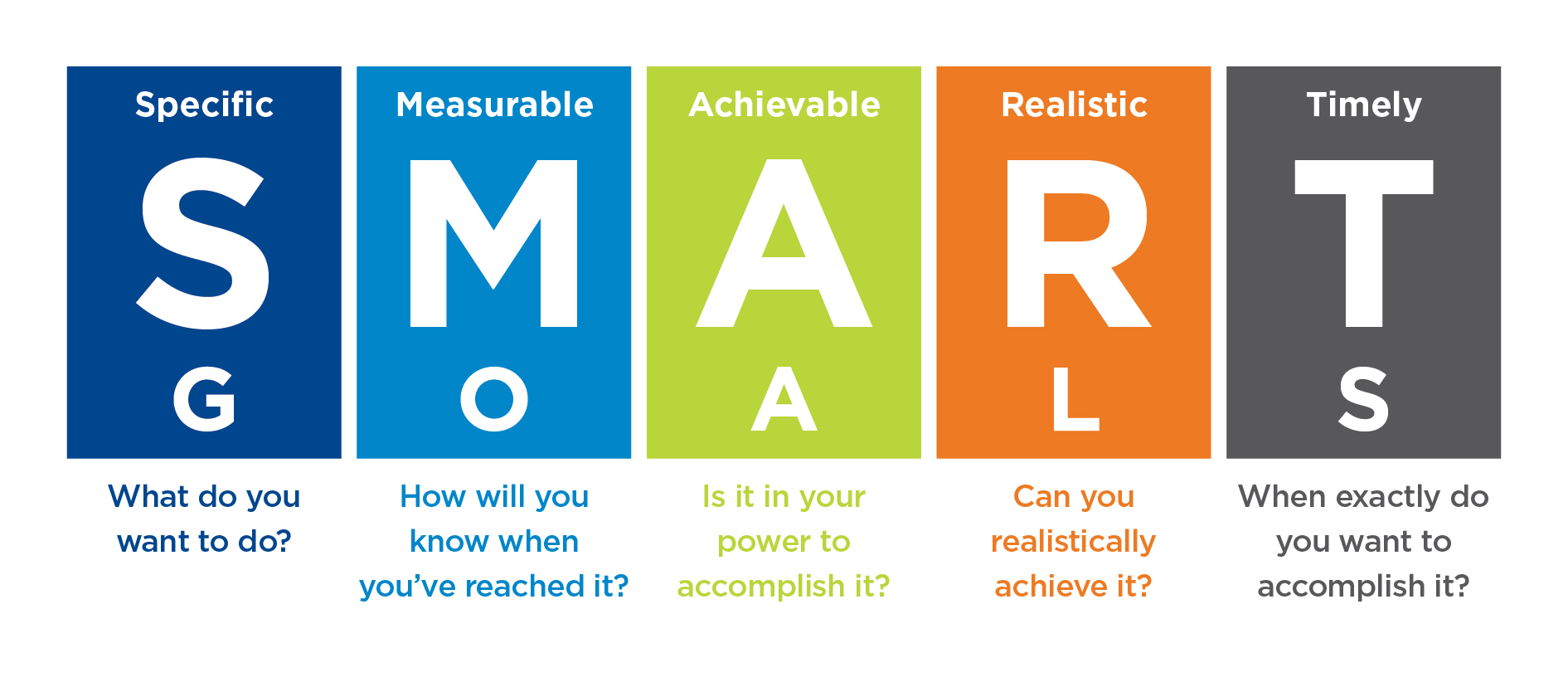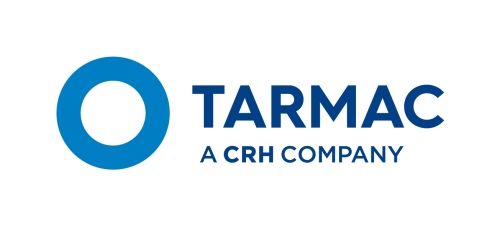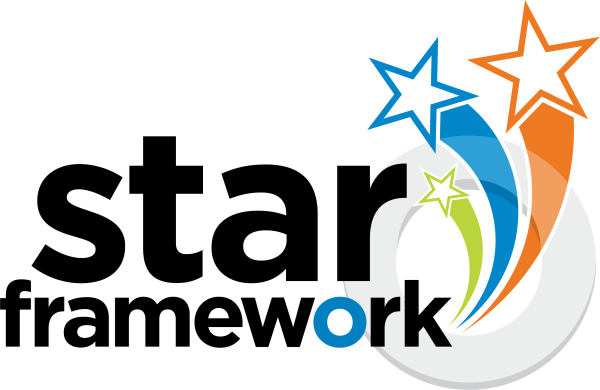Overview
Suitable for:
All employees at any level.
Duration:
On-going progress through formal and informal conversations with your Line Manager
Resources:
Individual Development Planning (IDP)
Individual development is directly linked to CRH purpose, specifically 'People' and 'Empowered Talent'.
People are our priority. This value clearly establishes that our people are our most important resource. We build a workplace where belonging and development are improved. Empowering our people means providing employees with the resources, opportunity, space and support to thrive at work and beyond.
What is IDP?
Individual development planning is about being the best you can be, both now and in the future. This includes developing those skills and capabilities that have driven success. But it also includes new skills and capabilities that will help achieve success into the future.
To take control of your Individual Development Plan (IDP), be curious about what you can learn to help you drive success. This is the first step to uncovering new and different skills and capabilities.
Development Goals
Development goals are not to be confused with your performance goals. You should agree with your manager what feels realistic for you to achieve, bearing in mind your IDP is a dynamic document which will evolve over time. That being said, recommended guidance would be between 1 & 3 development goals. Not to be confused with your yearly performance goals.
Development Goals
Development goals for your IDP are milestones you set to help you enhance yours skills and behaviours through experience, exposure and education.
Performance Goals
Performance goals are job-oriented and are directly related to job responsibilities. These are aligned to strategic goals and organisational objecives.
Your role as a Line Manager
Line managers have a very important role to play, not only in the day-to-day management of people and operations, but also in implementing HR policies and in supporting the L&D activities of their team and organisation. Line Managers often take on many ‘traditional’ HR and L&D responsibilities. As HR and L&D professionals focus on the more strategic issues, Line Managers translate the policies into day-to-day practices.
There are number of areas of people management practice, where the processes may be designed by HR or L&D specialists, but cannot be delivered by them. These include, for example, performance management and recognition, employee engagement, enabling employee voice, creating and maintaining a learning culture, and achieving employee work-life balance.
Useful e-learning modules:

- Translate HR and L&D policies into day-to-day practices and 'bring them to life'
- Enable learning solutions to happen
- Identify learning needs and embed learning into the workflow
- Act upon advise or guidance from HR and L&D
- Control the workflow by directing and guiding the work of others
Testimonial
"The development of our people is key to the short and longer term success of our business and is at the core of our people strategy. We have talented people throughout Tarmac and every individual should be given the opportunity to learn and continuously develop whilst also taking ownership of their personal development."
Frequently asked questions
For more information on individual development planning contact:

